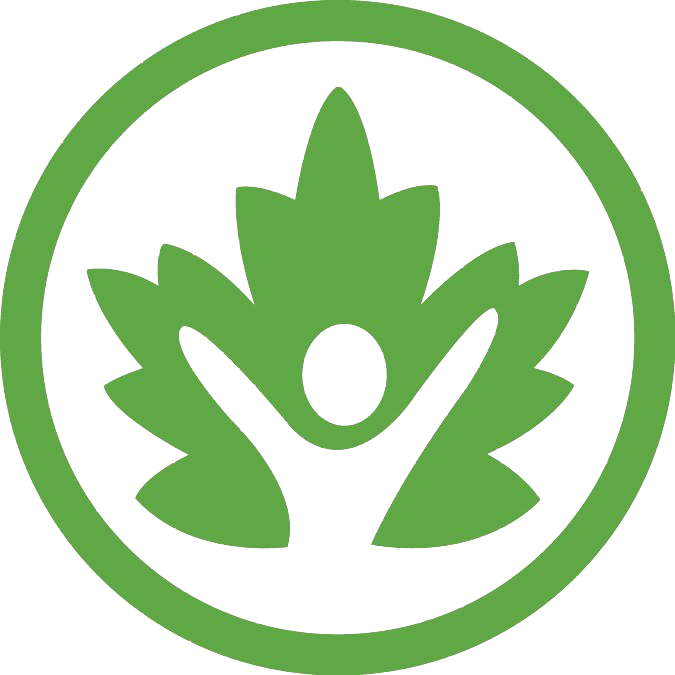MAPLE Chile Field Update May 2015
By: Alison Guzman and Ignacio Krell
A new perspective of forming an economy. The Mapuche Llaguepulli community has done it. With support from MAPLE, The Bay and Paul Foundation, International Foundation, First Peoples Worldwide, and other allies and partners to this project, they are embarking on a new economic perspective, based on traditional cultural Mapuche principles, while protecting and safeguarding their culture, values, and traditional practices of both monetary and non-monetary assets.
A transition phase is taking place in the Llaguepulli community. And we want you to be a part of it.
Background:
There is a community called Llaguepulli, located on one of the coasts of splendid Lago Budi. They are a community comprised of forty Mapuche-Lafkenche families. The Lafkenche, or People of the Sea, have coexisted with the lafken ,or sea, for thousands of years living on fish, seaweed, and quinoa. Today, they represent a strong minority of the Mapuche peoples, with families scattered in south-central coasts of Chile. They continue to have strong links to the ocean, and believe strongly in the conscious spirit or ngen that coexist with their families.
To be a Lafkenche today is no easy task. Leaders must strive to maintain the wisdom of their ancestors and preserve what is inherently culturally theirs, as they face continuous pressure from globalization. In this sense, not only are Lafkenche men and women striving to strengthen their children through cultural and traditional methods, but also ensuring their children excel in the “western” world.
Today, the Lafkenche peoples of the Llaguepulli Community, are creating a new world for themselves and for the children of their children. What is their long term vision? To create resilience. Autonomy to adapt to change without changing. Resilience in every aspect: in the cultural, in the social, in the economic, in the health, in the education. They have great paths ahead, yet challenging.
Since 2005, after they recovered their community school, from the previous, external administration, they have pursued a mission to create the first and only Mapuche curriculum with courses on Mapuche history, culture, ceremonies, and language of Mapudungun.
And what MAPLE is super excited to tell you about… In 2011, the Llaguepulli Community embarked on a new dialogue on how to strengthen their local Mapuche economy by managing their own monetary assets. The community invited MAPLE Microdevelopment to be part of these dialogues, and in 2012, we were invited to co-design the first ever Mapuche member-owned institution with the community. After months of participatory, interdisciplinary research, we found that a resilient self-sustainable financial tool that could complement the Llaguepulli Lafkenche peoples’ mission of safeguarding their environment, their culture, and their identity, would have a strong foundation on Mapuche cultural practices and Kimün, or wisdom.
MAPLE Microdevelopment and the Llaguepulli Community put their findings to practice and created the first Grupo de Apoyo Mutuo, a pilot project that began in June of 2014, ending now in April 2015 as a success!
The Grupo de Apoyo Mutuo:
And what MAPLE is super excited to tell you about… In 2011, the Llaguepulli Community embarked on a new dialogue on how to strengthen their local Mapuche economy and managing their own monetary assets. The community invited MAPLE Microdevelopment to be part of these dialogues, and in 2012, we were invited to co-design the first ever Mapuche member owned institution with the community. In 2013 we began fieldwork and participatory research with a team of Llaguepulli members consisting of 2 young Mapuche women (and a year later 2 more) and an Advisory Council consisting of the Llaguepulli President and Traditional Authorities such as the Longko, or traditional chief.
MAPLE Microdevelopment and the Llaguepulli Community put their findings to practice and created the first Grupo de Apoyo Mutuo, a pilot project that began in June of 2014, ending now in April 2015 as a success!
After months of participatory, interdisciplinary research, we found that a resilient self-sustainable economic system in the Llaguepulli community cannot exist without the guidance and sagacity of Mapuche Traditional Authorities; that financial tools and processes need to complement the Llaguepulli Lafkenche peoples’ mission of safeguarding their environment, their culture, and their identity; that a visionary innovative tool cannot exist without a strong foundation of Mapuche cultural identity and Kimun or wisdom.
In June 2014, the families decided to put into practice what they had been working for over a year. And Lafkenche community members of Llaguepulli made their first savings pool.
But this was not just any savings pool- it was a savings group where members could not only save in pesos, but in other non-monetary assets: seeds, handicrafts, sheep, just as long as it was made or produced in the community, adapting the Lafkenche peoples’ cycles of sowing and harvest. This type of model meant that anyone could participate in the first ever Mapuche bank, even if they had no money. It also meant that local economic assets would be strengthened and used to further create a strong economy.
Moreover, it meant a model was created based on the Mapuche concept of rekelluwun or mutual support. The Grupo de Apoyo Mutuo was born under the guidance of cultural leaders and it re-introduced in new shapes traditional ways of thinking and doing “economy” that have long existed before colonial times yet risked disappearance.
This year 2015, as the winter solstice (Mapuche new year) approaches the southern cone, the community is accomplishing something never done before in the region: The first, pilot cycle of the Mutual Support Group has successfully closed, and the next cycle, including many more members, is about to begin.
We are asking you to challenge how you see the economy today, and join us in supporting this new way of thinking. The future is here.
Supporters to this Project: The Bay and Paul Foundations, First Peoples Worldwide, The International Foundation and Individuals like yourselves!





